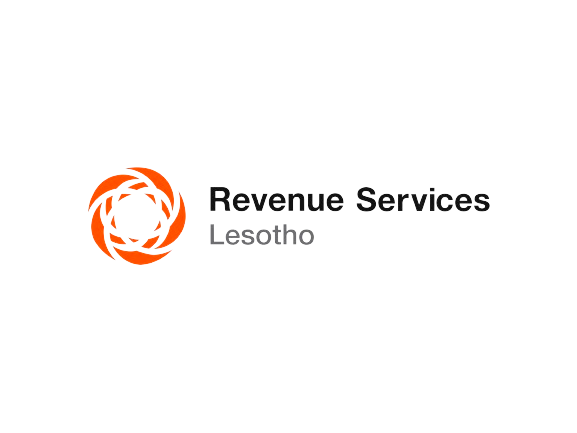Value Added Tax (VAT)
Value Added Tax
What is value added tax (VAT)?
Value Added Tax (VAT) is a consumption tax applied to the supply of goods and services in Lesotho, including imports. It is a destination-based tax, meaning it is charged where the goods or services are consumed.
What is VAT registration threshold?
In order to ensure that the legislation does not impose unnecessary burden on small businesses, there is a turnover limit for registration for VAT - referred to as the VAT registration threshold. If your turnover exceeds the minimum threshold (currently M2,000 000.00 per annum), you must register for Value Added Tax (VAT). Auctioneers are also mandated to register regardless of turnover.
You can also opt to register voluntarily for VAT even if your turnover is less than the registration threshold
Who must register for VAT?
If you supply taxable supplies (goods/services) and your turnover exceeds the registration threshold of M 2,000,000.00, registration for VAT is compulsory.
You may register as a:
- Sole proprietor
- Partnership
- Limited company
- Club or association or trust
- Auctioneer
It is important to note that registration will cover all parts of your business.
How do I register for VAT?
Once you reach the VAT registration threshold, you must notify the Commissioner Client Services in writing of your intention to register. If the Commissioner Client Services is satisfied that you meet the requirements, your VAT registration will be processed.
What are the VAT rates?
The following rates are charged:
- 0% - Exports and basic commodities
- 10% - Electricity
- 15% - Telecommunications
- 15% - Other goods and services
How to account for VAT?
After registering for VAT, the vendor is required to charge output VAT on the value of goods or services sold to the customers. Therefore, output VAT is collected by the vendor from the customers. On the other hand, the vendor is allowed to claim back VAT paid when they buy or acquire goods or services from other vendors.
To determine VAT payable to RSL, the vendor is allowed to deduct input VAT from the output VAT at the end of a tax period. If the output VAT is greater than the input VAT, then vendor must remit the net amount (VAT) to RSL. However, If the input VAT is greater than the output VAT, the vendor will be on a refund position.
When to file VAT return and pay VAT due?
VAT returns and payments are due on the 20th of the month following the tax period.
Find the guide on the attachments below
| Attachment | Size |
|---|---|
| Interpretation and Application of Section 17 VAT Act - Executive Summary_0.pdf (216.84 KB) | 216.84 KB |
| VALUE ADDED TAX (AMENDMENT) REGULATIONS LN.30 OF 2021_0.pdf (19.24 KB) | 19.24 KB |
| VAT ACT - 2001.pdf (226.23 KB) | 226.23 KB |
| VAT Act Amendments Act 6 2003.pdf (42.04 KB) | 42.04 KB |
| VAT REGULATIONS NO.18 OF 2020.pdf (20.92 KB) | 20.92 KB |
| Tax Guide on Keeping Records and Accounts - VAT 104 (1).pdf (623.89 KB) | 623.89 KB |
| Guide on Value Added Tax Invoice, Credit Note and Debit Note - VAT 105 (1).pdf (569.35 KB) | 569.35 KB |
| Guide on Registration For Value Added Tax Purposes - VAT 101 (1).pdf (527.09 KB) | 527.09 KB |
